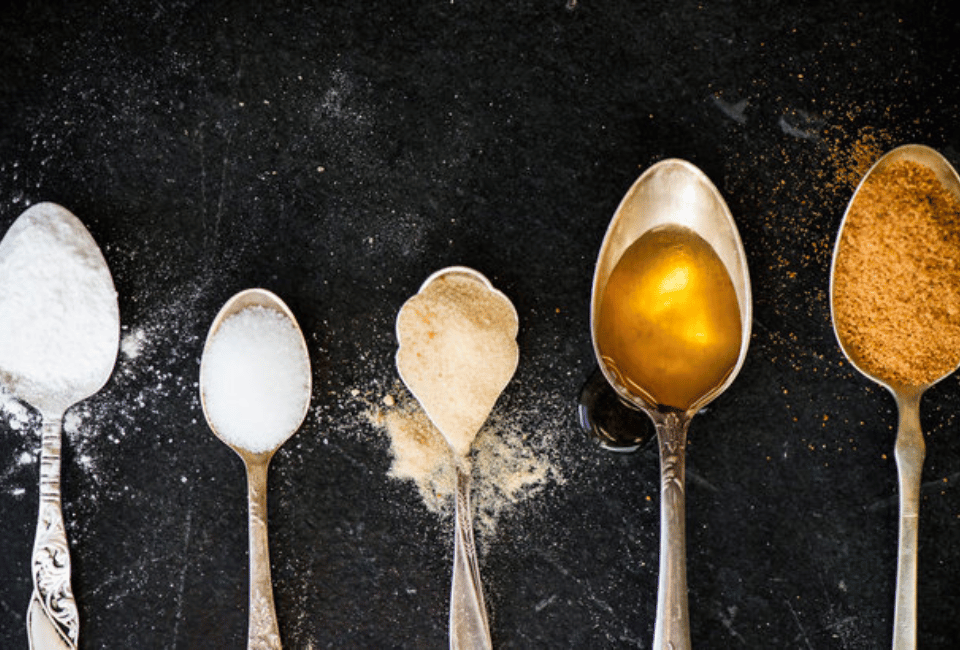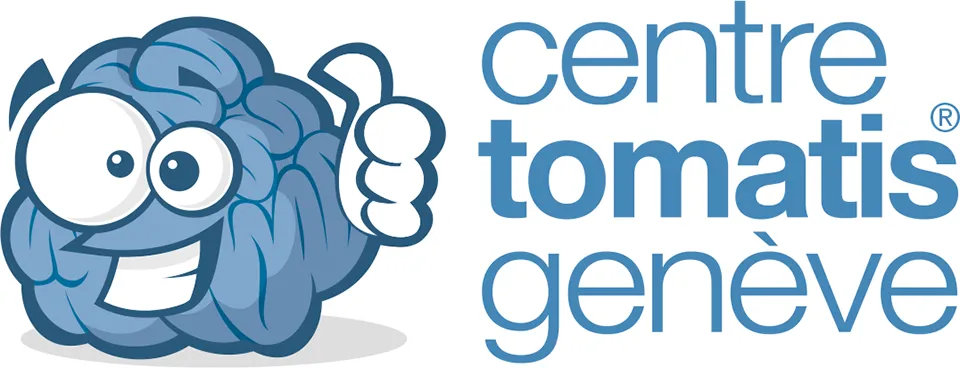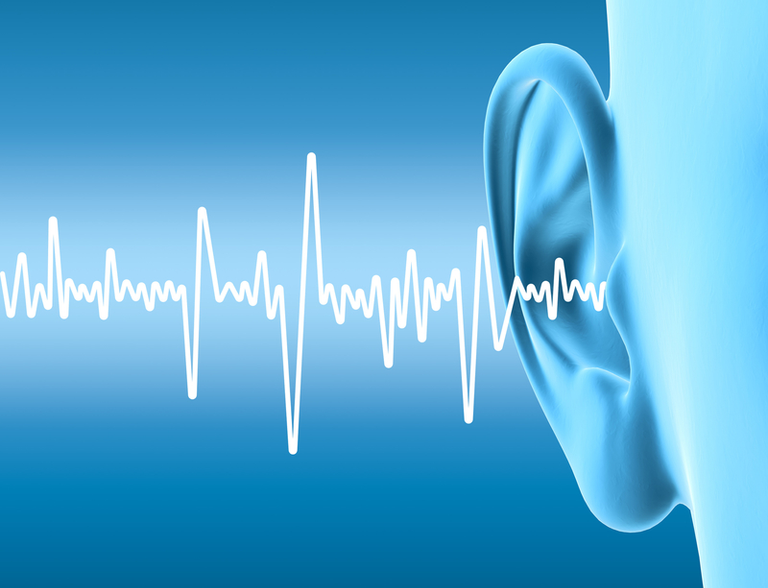Sugar sabotages our ability to learn and remember

At the Tomatis Centre, we are seeing an ever increasing number of parents coming to us for a problem related to learning and memory in their child (ADD or ADHD). While twenty years ago, treatment with an electronic ear gave good results, today we notice that this is not always sufficient. Other factors to be taken into account are the daily intake of sugar in the diet and the level of daily activity.
By combining the Tomatis method and nutrition, our treatment for children with attention, learning and memory problems maximises the effectiveness of our listening sessions.
If you are faced with this problem, contact the Tomatis Centre. You will benefit from a free 30-minute initial appointment with our nutrition specialist.
A study from the University of California / Los Angeles (UCLA) shows that a diet rich in sugars affects our memory and learning.
Source: http://newsroom.ucla.edu/releases/this-is-your-brain-on-sugar-ucla-233992
A new UCLA study on rats shows that a diet particularly high in fructose slows down the brain, affecting memory and learning, and how Omega-3 fatty acids can counteract this.
"Our findings show that what you eat influences how you think," says Fernando Gomez-Pinilla, professor of neurosurgery at the David Geffen School of Medicine at UCLA, and professor of biology and integrative physiology at UCLA's College of Letters in Science. "The effects of a high-fructose diet over the long term damage your brain's ability to learn and remember information. But if we add Omega-3 fatty acids to our diet, then that may help to reduce the damage."
While previous studies have revealed how fructose plays a role in diabetes, obesity and the 'fatty liver' phenomenon, this study is the first to reveal its influence on the brain.
Sources of fructose in the Western diet include cane sugar (sucrose) and high-fructose corn syrup, an inexpensive liquid sweetener. Syrup is widely added to processed foods, including soft drinks, condiments, applesauce and baby food.

"This is the mechanism that makes learning and memory possible: our bodies cannot produce enough DHA, so it must be supplemented by our diet."
The animals were fed a standard rat food and trained in a maze twice a day for five days before starting the experimental diet. The UCLA team tested how well the rats were able to navigate the maze, which contained many holes but only one exit. The scientists placed visual cues in the maze to help the rats learn and remember the path.
Six weeks later, the researchers tested the rats' ability to remember the route and escape the maze. What they saw surprised them.
The DHA-deprived rats also developed signs of resistance to insulin, a hormone that controls blood sugar and regulates synaptic function in the brain. Closer examination of the rats' brain tissue suggested that insulin had lost much of its power to influence brain cells.
"Because insulin can penetrate the blood-brain barrier, the hormone can signal neurons to trigger responses that disrupt learning and cause memory loss," said Gomez-Pinilla.
He suspects that fructose is the culprit behind the brain dysfunction in DHA-deficient rats. Eating too much fructose could block insulin's ability to regulate how cells use and store sugar for energy to process thoughts and emotions.
"Insulin is important in the body to control blood sugar, but it may play a different role in the brain, where insulin appears to disrupt memory and learning," he said. "Our study shows that a high-fructose diet harms the brain and the body, which is new."
Gomez-Pinilla, a Chilean native and exercise enthusiast who practices what he preaches, advises people to keep fructose to a minimum and swap sugary desserts for fresh berries and Greek yogurt, which he keeps on hand in a small refrigerator in his office. An occasional bar of dark chocolate that hasn't been treated with a lot of extra sweetener is fine too, he says.
Trying to be cautious but craving a sundae with hot chocolate drizzle? Then also eat foods rich in omega-3 fatty acids, such as salmon, walnuts and flaxseed, or take a daily capsule of DHA. Gomez-Pinilla recommends one gram of DHA per day.
"It's like saving money in the bank, you want your brain to have a reserve to draw from when it needs more fuel to fight future diseases.
Elaine Schmidt, 15 May 2012



